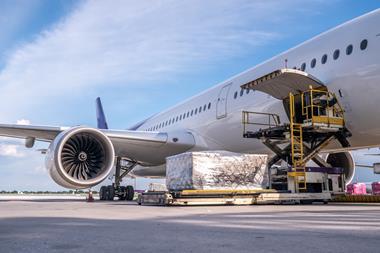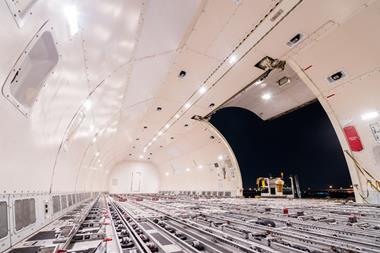US president Joe Biden has announced that the US port of Los Angeles will join nearby Long Beach in working 24/7 to help clear the cargo backlogs that had contributed to modal shift to airfreight.
Biden said that a 24/7 system is how most leading countries operate and that the move would add an extra 60 hours working time per week to each of the ports.
"That means an increase in the hours for workers to be moving cargo off ships and onto trucks and railcars to get to their destinations," he said.
"By increasing the number of late-night hours of operation — and opening up for less-crowded hours when goods can move faster — today’s announcement has the potential to be a game changer."
However, Flexport chief economist Phil Levy questioned how effective the move to 24/7 operations would be.
"In opening the Port of LA full-time, the next question will be whether or not there are enough trucks to carry out the additional volume and how efficiently they can get in and out," Levy said.
"The administration can and should make the system more efficient, but the core problem will still come down to demand, which our Flexport Platform data doesn’t forecast to recede anytime in the near future, barring an income shock."
Knock on effect for air cargo
US forwarder CH Robinson said that modal shift from ocean to air as a result of congestion at US ocean ports had also had knock-on effects at US airports.
"In the wake of ocean transport congestion and delays, global airfreight imports have risen as an alternate mode for high priority freight," the forwarder said.
"Delays at US airports are twofold: Airlines break down cargo and prepare for transfers to truck. Historically, six-12 hours could be expected for this to take place. Today the time required can be two-four days."
The company added: "Driver wait time at airports is also much longer than the historical two-four hours. Today the wait is often 10-12 hours."
These challenges have resulted in some carriers declining tenders at several US airports due to experiences of overnight dwell.
"The worst-case scenarios involve airlines being unable to find a driver’s cargo due to terminal overcrowding and turning waiting drivers away," the forwarder explained.















